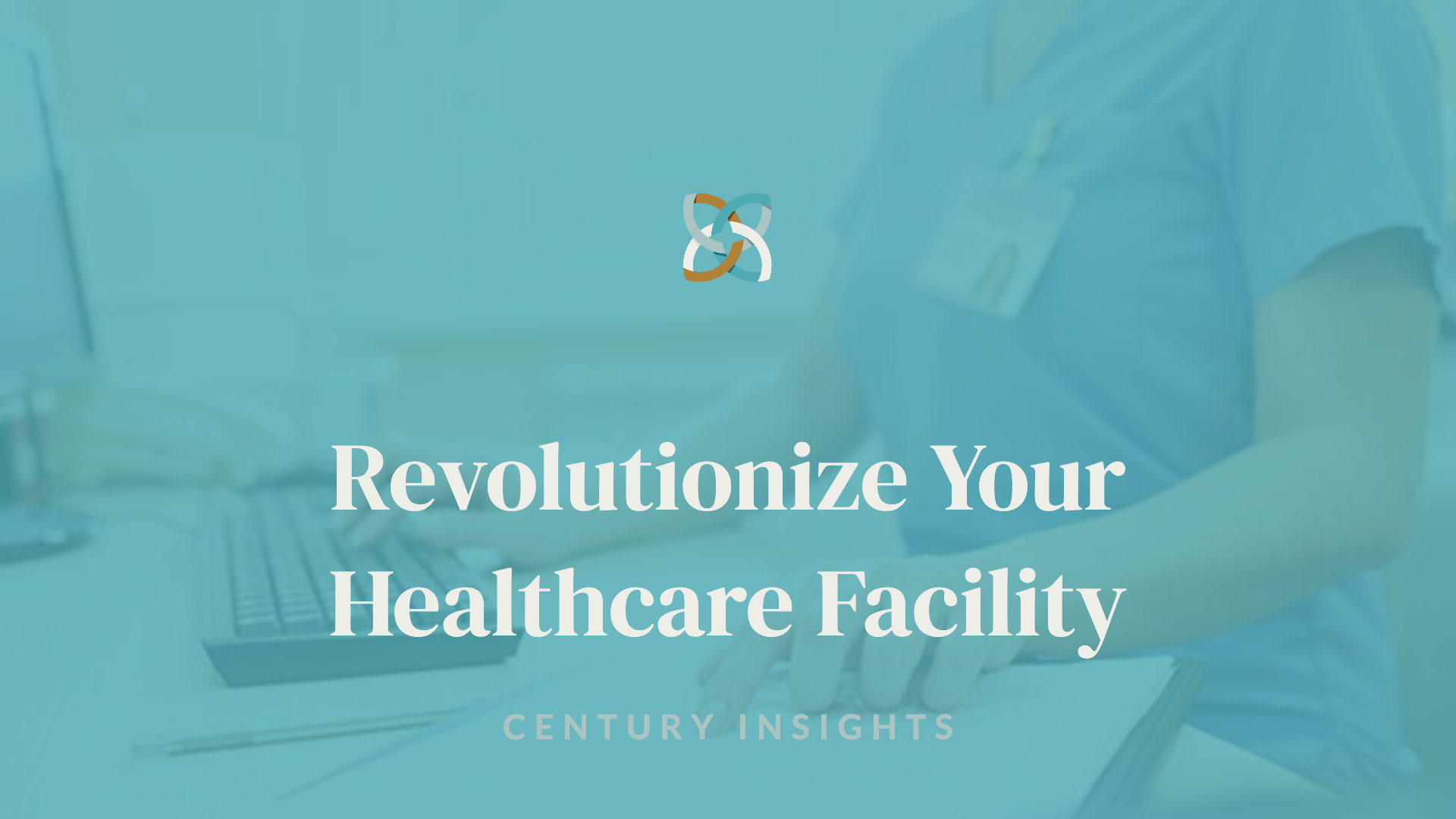Measure Success: How to Evaluate Your Recruitment Agency’s Performance Effectively!
In the dynamic landscape of healthcare, the role of recruitment agencies has become increasingly pivotal. With the growing reliance on temporary and locum tenens staff to fill critical gaps, especially in rural or underserved areas, it is essential to evaluate the performance of these agencies to ensure they are delivering value and maintaining the continuity of care. This article delves into the strategies and metrics that can be employed to measure the success of healthcare recruitment agencies effectively.
Understanding the Role of Healthcare Staffing Agencies
Healthcare staffing agencies have become a cornerstone in the delivery of medical services. A study published in the Journal of the American Medical Association (JAMA) highlighted the significance of locum tenens physicians, with approximately 90% of healthcare facility managers affirming their worth in ensuring continuity of care. This underscores the importance of these agencies in the healthcare system and the need for robust evaluation mechanisms.
The Growth of the Healthcare Staffing Market
The healthcare staffing market is on an upward trajectory, with a report by Staffing Industry Analysts (SIA) projecting a 4% growth in 2021, reaching a market size of $17.4 billion. This growth is fueled by an increased demand for healthcare services and a shortage of permanent staff, a situation exacerbated by the COVID-19 pandemic. With such expansion, the evaluation of recruitment agency performance becomes even more critical.
Key Metrics for Evaluating Healthcare Staffing Agencies
To gauge the effectiveness of a healthcare recruitment agency, several metrics must be considered. These include the quality of candidates provided, time-to-fill rates, retention rates, satisfaction scores from both clients and candidates, and the agency’s ability to meet specific healthcare facility needs.
Quality of Candidates
The caliber of healthcare professionals provided by an agency is paramount. Metrics such as the percentage of candidates who pass credentialing, their performance evaluations, and patient care outcomes are vital indicators of quality.
Time-to-Fill Rates
Efficiency in staffing is measured by the time-to-fill rate, which tracks the duration from a job requisition to the placement of a candidate. Shorter fill times can indicate a more responsive and efficient agency.
Retention Rates
Long-term success is reflected in the retention rates of placed candidates. High retention rates suggest that the agency is adept at matching the right candidates with the right positions, leading to sustained employment.
Client and Candidate Satisfaction
Satisfaction scores, often obtained through surveys, provide direct feedback on the agency’s service quality from both healthcare facilities and the staff they place. High satisfaction scores are indicative of a recruitment agency’s success in meeting the needs of both parties.
Meeting Facility Needs
An agency’s ability to meet the specific needs of healthcare facilities, such as providing specialized skill sets or accommodating urgent staffing needs, is a critical performance metric.
Recruitment Agency Evaluation Strategies
Beyond metrics, comprehensive evaluation strategies are necessary to assess a recruitment agency’s performance holistically. These strategies include regular performance reviews, benchmarking against industry standards, and the implementation of continuous improvement processes.
Regular Performance Reviews
Conducting periodic performance reviews with predefined criteria allows for ongoing assessment and timely identification of areas needing improvement.
Benchmarking Against Industry Standards
Comparing an agency’s performance against industry benchmarks provides context and insight into how the agency stacks up against its peers.
Continuous Improvement Processes
Agencies that embrace continuous improvement demonstrate a commitment to excellence and adaptability, which is crucial in the ever-evolving healthcare sector.
Healthcare Recruitment Strategies for Success
Effective recruitment strategies are the backbone of a successful healthcare staffing agency. These strategies encompass understanding the healthcare market, leveraging technology for recruitment processes, and building strong relationships with healthcare professionals and facilities.
Understanding the Healthcare Market
Agencies that deeply understand the healthcare market, including trends and regulatory changes, can better anticipate the needs of healthcare facilities and provide suitable candidates.
Leveraging Technology
Utilizing advanced recruitment technologies can streamline processes, enhance candidate sourcing, and improve the overall efficiency of the recruitment lifecycle.
Building Relationships
Strong relationships with healthcare professionals and facilities contribute to an agency’s reputation and success in placing the right candidates in the right positions.
Conclusion
Evaluating the performance of healthcare recruitment agencies is a multifaceted process that requires a combination of quantitative metrics and qualitative strategies. By focusing on the quality of candidates, efficiency in staffing, retention rates, satisfaction scores, and the ability to meet facility needs, healthcare facilities can effectively measure the success of their recruitment partners. As the healthcare staffing market continues to grow, the importance of these evaluations will only increase, ensuring that healthcare delivery remains robust and patient care is uninterrupted.
With the right evaluation tools and strategies in place, healthcare facilities can forge successful partnerships with recruitment agencies, leading to improved healthcare outcomes and a stronger healthcare system overall.




